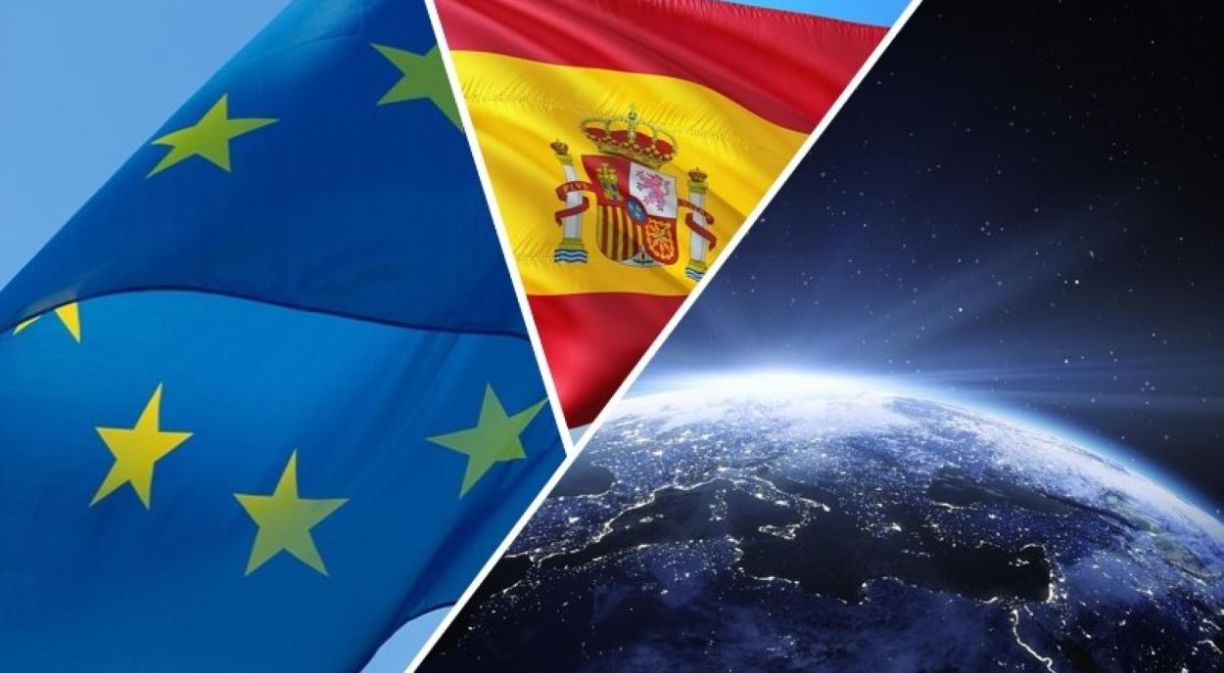The European Council meets this week to discuss, among other things, open strategic autonomy, the twin digital and green transition and how to deal with the US Inflation Reduction Act. The aim should be to support the creation of a stronger and more resilient EU that can ensure the prosperity and welfare of its citizens in the new global order. The time has also come to trust European companies.
Setting economic priorities in Europe for 2023, a particularly strategic task at the present time
Recent shocks in a short space of time are confronting the world with major challenges in a new era. The energy crisis, supply chain disruptions or global fragmentation are slowing growth and spreading high inflation worldwide. Interest rate hikes, necessary to curb inflation, are increasing the financial vulnerability of states. Geopolitical tensions and economic uncertainty are giving rise to new policy approaches for more regional focused economic models. Concerns are growing about possible trade wars or the reorientation of European industrial capacity towards other regions.
Fiscal sustainability, strategic autonomy and competitiveness of European States are under threat. Shaping and building a more resilient and stronger future for Europe has become a particularly responsible task at the present time. Setting key economic priorities for 2023 and boosting cooperation to cope with a fragmented world, climate change and digital revolution take on a strategic dimension.
The relevance of the timing of the Spanish Presidency of the Council of EU
In a period in which Europe is facing unprecedented challenges, Spain will assume the next Presidency of the Council of the EU between July and December 2023, a position it will hold for the fifth time in its history.
The timing of the Spanish Presidency is particularly relevant. It will take place in the final stretch of the European institutional cycle, before the European Parliament elections scheduled for May 2024, and the subsequent appointment of a new Commission.
This means that Spain will have the challenge of completing negotiations on the open files related to Europe’s strategic pillars for boosting competitiveness and citizens’ welfare, such as the digital and green transition, and social agenda. The Presidency of the Council of the EU will also give Spain the ability to identify key priority economic areas on which to act, and accordingly promoting new initiatives. Spain does not only have the opportunity to influence and shape the agenda of the next European cycle, but also to give visibility to the relevance of the Iberian Peninsula as a natural bridge between the European Union and Latin America and Africa.
Spain calls for a holistic approach to address Economic priorities in Europe for 2023
To deepen in Spain’s Presidency economic priorities in Europe for 2023, Elcano Royal Institute, with the collaboration of the Ministry of Economic Affairs and Digital Transformation and the Ministry of Finance of Portugal, organized on February 6th a conversation under the theme “Economic Priorities for Europe in 2023” between Nadia Calviño, First Deputy Prime Minister and Minister of Economic Affairs and Digital Transformation of Spain, and her Portuguese counterpart, Fernando Medina.
The session opened on a note of optimism. Despite the adverse environment, the resilience shown by the European Union, whose economic growth has exceeded forecasts and has shown no signs of financial fragmentation in the Eurozone, highlights the effectiveness of the economic and energy policy measures implemented by the European Union and the Member States. But it also opens the relevant question on how to redesign rules in the medium term.
From this perspective, Nadia Calviño underlined the challenging context in which Spain assumes the Presidency of the Council of the EU. As she stated, “the most important files that will shape the architecture of the European Union in years to come will come to maturity under the Spanish Presidency”. “We cannot linger or go back automatically to the old rules”.
Faced with this challenge, Spain advocates for a coherent and holistic approach at European and national level to safeguard that the European budget, national fiscal rules, State aid and regulatory frameworks are fit for purpose and secure a level-playing field between Member States. A holistic approach is key to ensuring sufficient and sustainable public and private financing for EU businesses to undertake the massive public and private investments to drive the digital and green transitions.
Fernando Medina, the Minister of Finance of Portugal expressed that Spain and Europe are “partners, friends and allies that share work together”. He confirmed his support to a holistic approach facing current and future challenges with ambition, courage, and determination. In the economic and financial dimension, he claimed the need to work closely on three aspects: assuring sustainable public finances, with industrial policies that actively promote Europe’s competitiveness and innovation; and strengthening and deepening our institutional set-up for a stronger Union built on trust and credible commitments. And he added that “building on the lessons learnt, we should aim to create a permanent European Union budgetary capacity for strategic investments that may safeguard Europe’s economic sovereignty as well as a permanent instrument of macroeconomic stabilisation to face shocks”.
Looking for trust and a common framework for competitiveness
Decisions to be made in 2023 will have an impact on Europe’s competitiveness, on the Single Market integration and in the level playing field between Member States and companies. As a final message, Nadia Calviño particularly stressed the need to boost trust among Member States, in the European frameworks and in their capacity to build prosperity. On State aid, leaders in the Council agreed to “simpler, faster and more predictable” rules, stressing that any relaxation of these rules would be “temporary, targeted, very much focused on innovation.” The time has also come to trust European companies, introducing greater flexibility in the regulatory and competition frameworks to enable them to compete. Greater confidence on private initiative will enable companies to meet the challenges ahead and assist in achieving Europe’s digital and green objectives.







